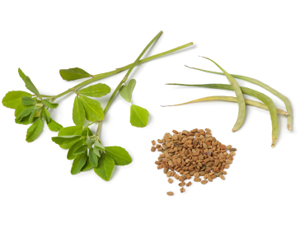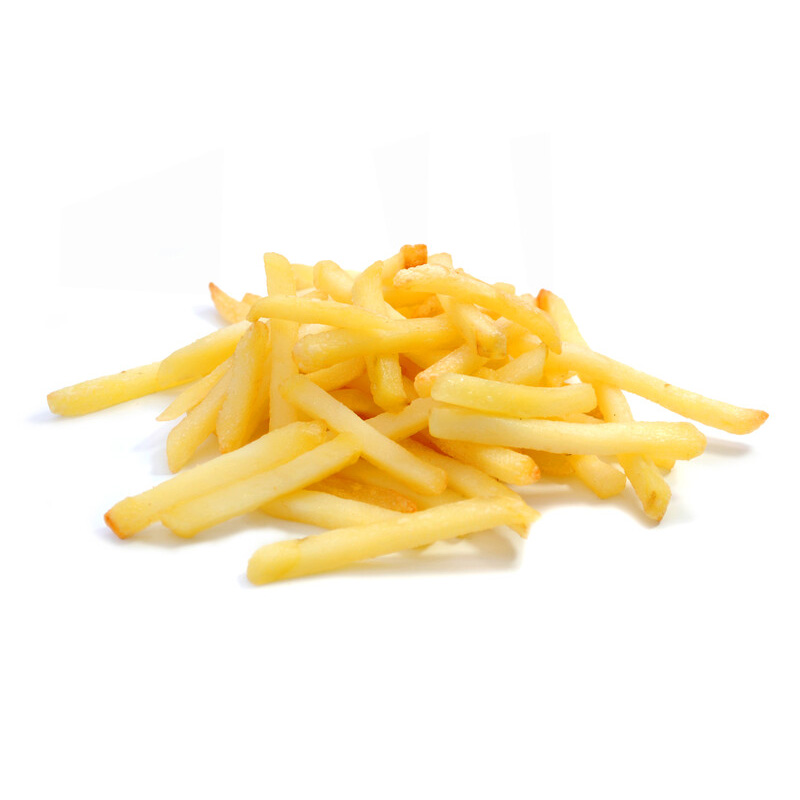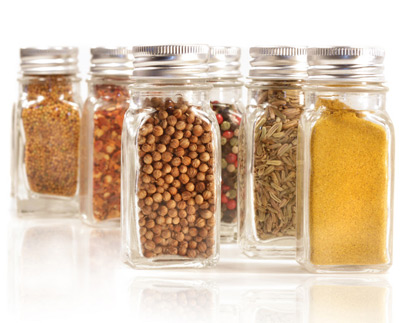The next herb/spice we will take a closer look at in our History of Spice Series is Fenugreek.
 Common Name: Fenugreek
Common Name: Fenugreek
Scientific Name: Trigonella foenum-graecum
Other Names: Bird’s Foot, Bockshornklee, Greek Hay Seed
Description
Fenugreek is an annual plant belonging to the Fabaceae family. It is used both as an herb, from the leaves of the plant, and as spice, from the seeds. The small seeds are a yellowish brown color and have a somewhat bitter taste and potent aroma.
The History of Fenugreek
The use of Fenugreek dates back as far as six thousand years ago. Through discoveries, Archaeologists believe this spice was used as early as 4000 BC, when remains of this herb where discovered in Tell Halal, Iraq.
Fenugreek was considered to be a medicinal drug and used by the Ancient Egyptians for this purpose. They believed that Fenugreek could treat burns and induce childbirth. They also used it in mummification. The Greek physician, Hippocrates, used it as a soothing herb. Other ancient Greeks used Fenugreek as a cure for infections. The ancient Romans used it to treat fevers and respiratory and intestinal issues. They also used it to help heal wounds.
During the first Jewish-Roman war, Fenugreek was mixed with boiling oil. This mixture was used to keep invaders from entering the city. Fenugreek is often served with food during Rosh Hashanah. It is believed that eating Fenugreek is symbolic for helping one to increase their blessings in the coming year.
Today, India is the world’s leading producer of Fenugreek, followed by Nepal, Pakistan, Bangladesh, the Mediterranean and Argentina.
Culinary Uses
Fenugreek is a very common ingredient in Indian cuisine. The Fenugreek seeds are used in the preparation of pickles, curry powders and pastes. You will frequently see this spice used in chutneys, stews, spice rubs, and flatbreads. It is also an ingredient in sweets for Indian and Middle Eastern recipes. Fenugreek’s distinctive aroma allows it to be used as a substitute for maple syrup or vanilla.
Medicinal Uses
Many take fenugreek in the form of a capsule as a food/vitamin supplement. It is frequently used in tea as a way to promote milk flow for breast-feeding mothers. Many believe that Fenugreek helps with diabetes symptoms and increases appetite.




